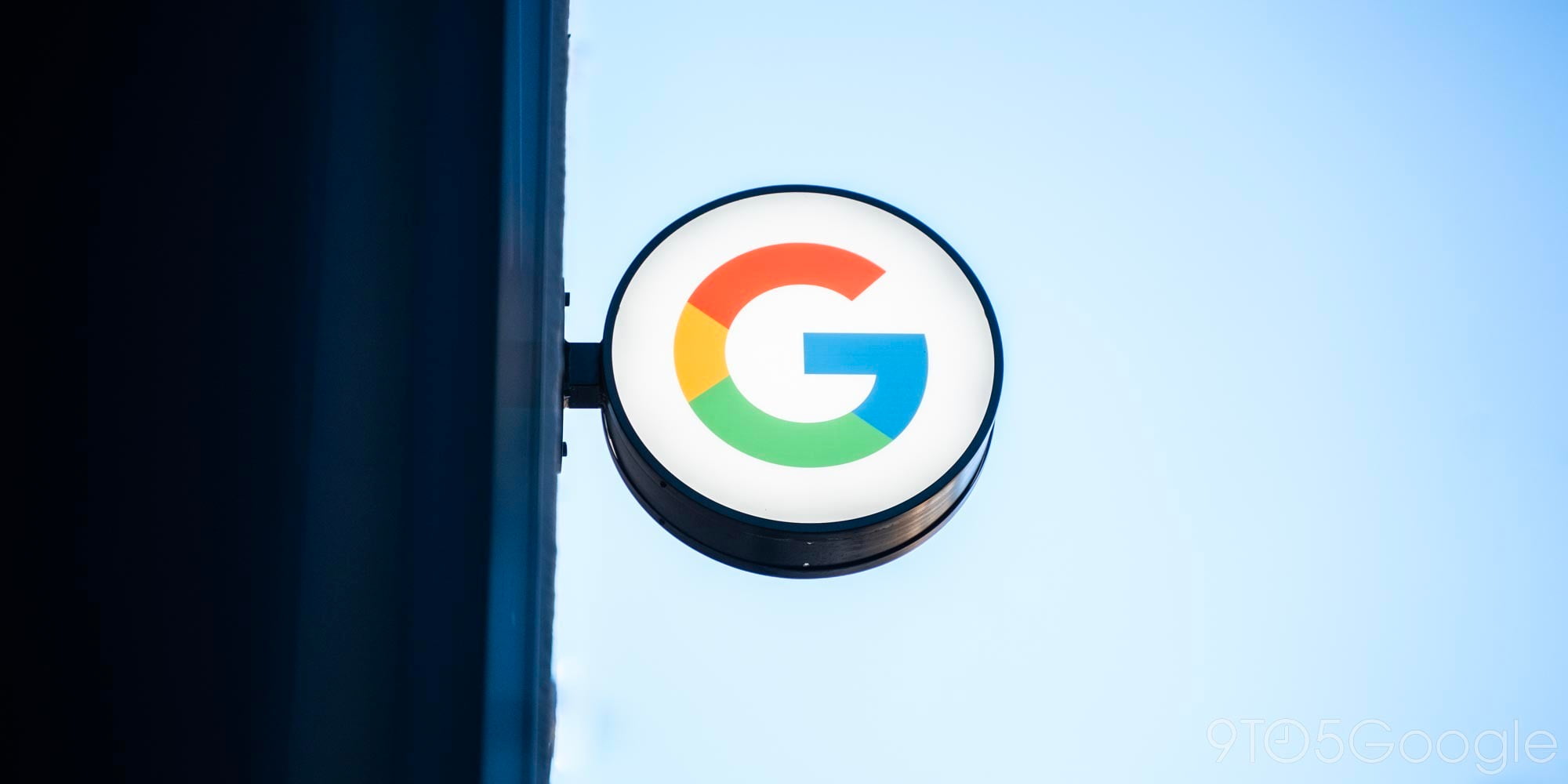
Google’s Digital Wellbeing is both an app for Pixels & other Android phones and a wider initiative to help folks find healthy ways to disconnect from their phones. The next step for the Digital Wellbeing app appears to be to use a variety of data from your phone to give insights into why you might not be sleeping at night.
About APK Insight: In this “APK Insight” post, we’ve decompiled the latest version of an application that Google uploaded to the Play Store. When we decompile these files (called APKs, in the case of Android apps), we’re able to see various lines of code within that hint at possible future features. Keep in mind that Google may or may not ever ship these features, and our interpretation of what they are may be imperfect. We’ll try to enable those that are closer to being finished, however, to show you how they’ll look in case that they do ship. With that in mind, read on.
Sleep insights
Recently, Digital Wellbeing renamed its “Wind Down” feature to “Bedtime Mode,” keeping 99% of features the same between the two. With the latest beta update to Digital Wellbeing rolling out via the Play Store today, we find Google is looking to expand Bedtime Mode by using the time you’re not on your phone as a chance to measure your sleep habits.
<string name=”bedtime_data_opt_in_title”>Allow access to your app usage & sensor data?</string>
<string name=”bedtime_data_opt_in_title_without_sleep_data”>Allow access to your app usage & time zone data?</string>
<string name=”bedtime_data_opt_in_body”>To show you a snapshot of your sleep habits, the Clock and Digital Wellbeing apps will use the following data:</string>
As you’ll note in the final string above, Digital Wellbeing’s sleep insights appear to also tie into the Google Clock app somehow. For now, though, we can only blindly guess at how the two are related until the Google Clock app is updated to include these new features.
To generate these “sleep insights,” though, you’ll need to give Digital Wellbeing access to a suite of new permissions, including your phone’s light and motion sensors. Additionally, if our interpretation of the texts is correct, the data collected may be shared with a company, most likely Google or perhaps your phone manufacturer.
<string name=”bedtime_data_opt_in_app_usage_description”>Daily app usage</string>
<string name=”bedtime_data_opt_in_sensors_description”>Motion and light detection during your scheduled bedtime</string>
<string name=”bedtime_data_opt_in_timezone_description”>Time zone history</string>
<string name=”turn_on_sensor_data_dialog_message”>Digital Wellbeing will be able to access your motion and light detection data during your scheduled bedtime, and can share this data with %1$s</string>
Using this data, Digital Wellbeing will be able to show you how much of your “bedtime” window you spend in bed each night, how much of that time is spent on your phone, and what apps you’re using/overusing at night.
<string name=”sleep_insights_title_screen_time”>Screen time during bedtime</string>
<string name=”sleep_insights_total_time_in_bed”>Time in bed</string>
<string name=”sleep_insights_total_time_on_phone”>Time on phone</string>
<string name=”sleep_insights_total_time_without_usage”>Without your phone</string>
<string name=”sleep_insights_usage_group_collapsed_desc”>Apps used for %1$s, from %2$s to %3$s</string>
For now, there don’t seem to be any signs of Google and Digital Wellbeing providing its own insights about what changes you can make to improve your sleep, but the data alone could make a pretty strong case for which apps you probably shouldn’t use late at night, like YouTube.
“Night Notes”
Coinciding with the addition of sleep insights, Digital Wellbeing is bringing another ambitious nighttime feature. Google is planning a way for you to take notes immediately before bed to help get things off your mind. More importantly, when you wake up, Digital Wellbeing will remind you of the notes you took the night before!
<string name=”night_note_notification_reminder_title”>Bedtime mode starts at %s</string>
<string name=”night_note_notification_reminder_text”>”Anything on your mind? Offload your thoughts to Night Notes.”</string>
<string name=”good_morning_notification_title”>Good morning!</string>
<string name=”good_morning_notification_text”>Tap to view your Night Notes.</string>
As someone who thinks about entirely too many things at night, I could definitely see myself using these Night Notes on a regular basis, once they launch.
More on Digital Wellbeing:
- Android’s Digital Wellbeing swaps ‘Wind Down’ for ‘Bedtime Mode,’ rolling out
- Hands-on with all of Google’s latest experimental Digital Wellbeing apps [Video]
- Digital Wellbeing gains a 30-minute pause for Wind Down mode
FTC: We use income earning auto affiliate links. More.

Comments